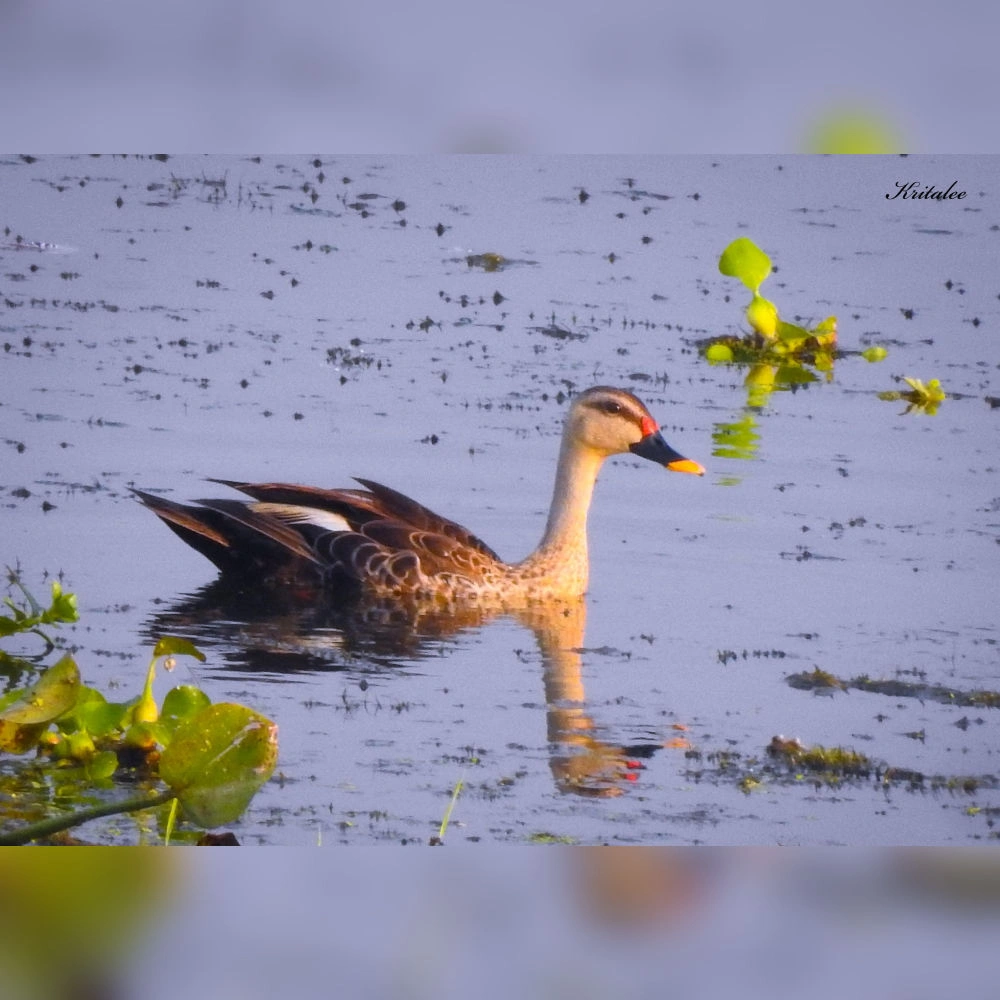
Bird Walk at Bhamori Forest Plantation, Bhopal
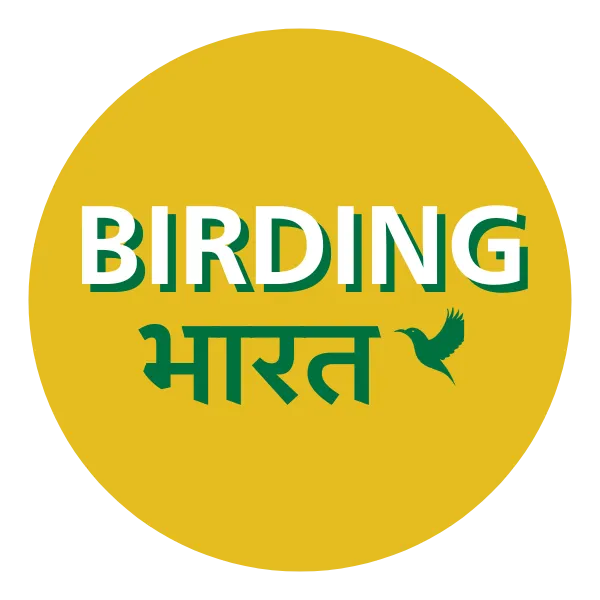

- Bhopal
- 17 August, 2025
- Madhya Pradesh Tourism Board and Kritalee Chindarkar
About Bhamori Forest Plantation
Partnered with
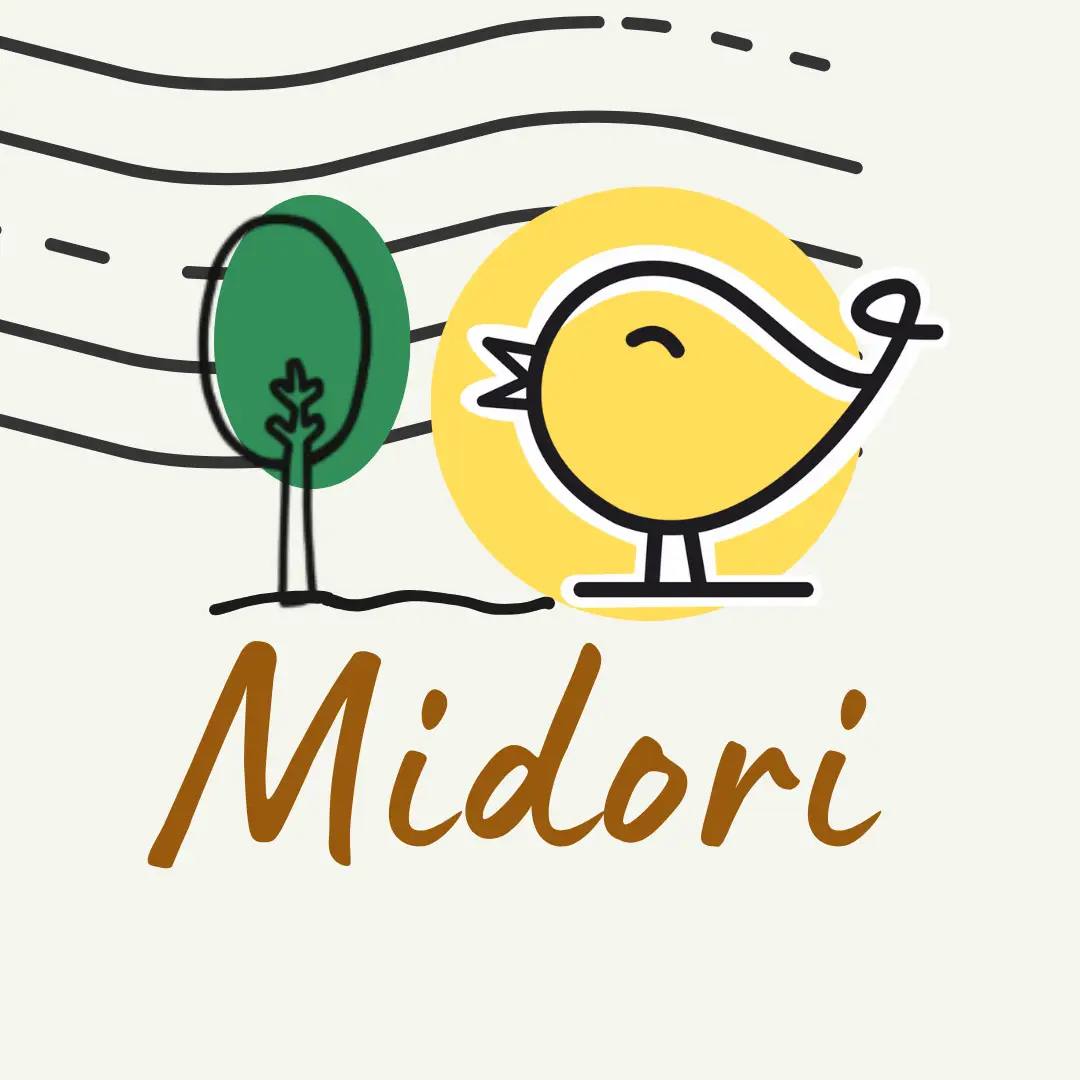

Bird Guide - Kritalee Chindarkar
She is the Founder of the Tarang Eco Tours where they organize nature trails and camps focused on sustainable tourism and to create environmental awareness among people.
Bird walk Location
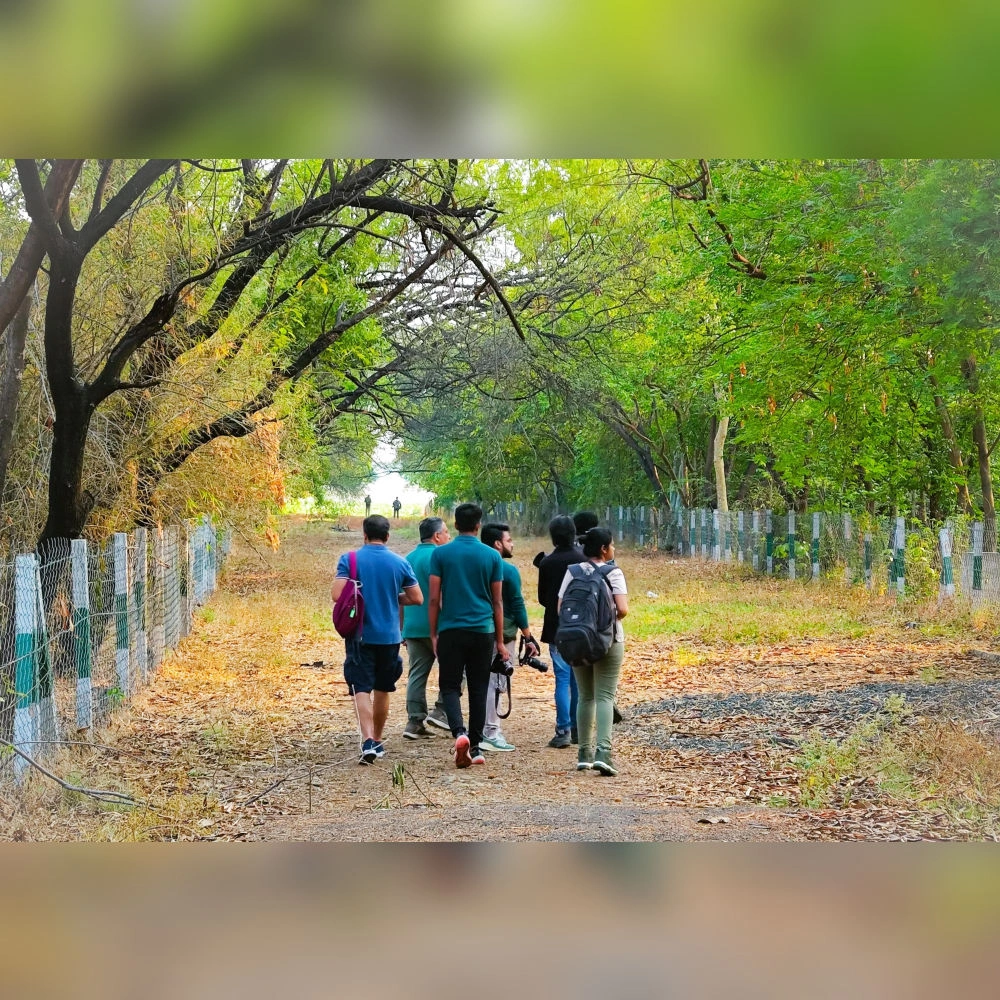
Common birds of Bhamori Forest Plantation
Bhamori Forest Plantation, forming part of the larger Bhoj Wetland landscape, offers a unique blend of wetland and woodland habitats that support a rich diversity of birdlife. Along the marshy fringes and water-filled depressions, one can frequently observe wetland-associated species such as the Sarus Crane, Asian Openbill, and Black-headed Ibis—graceful waders that rely on the area’s shallow waters for feeding and roosting. These birds are often accompanied by egrets, herons, and the occasional Indian Spot-billed Duck, reflecting the ecological continuity with the nearby wetland systems.
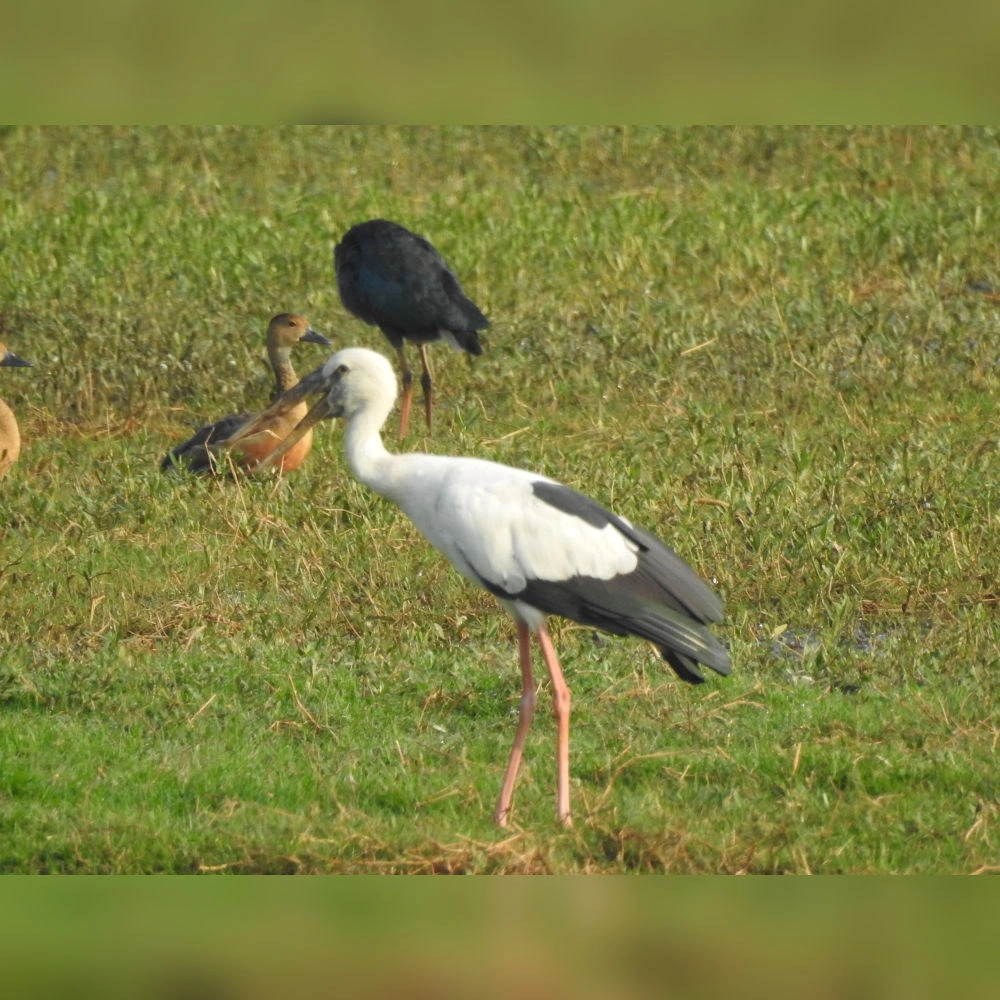
Asian Openbill
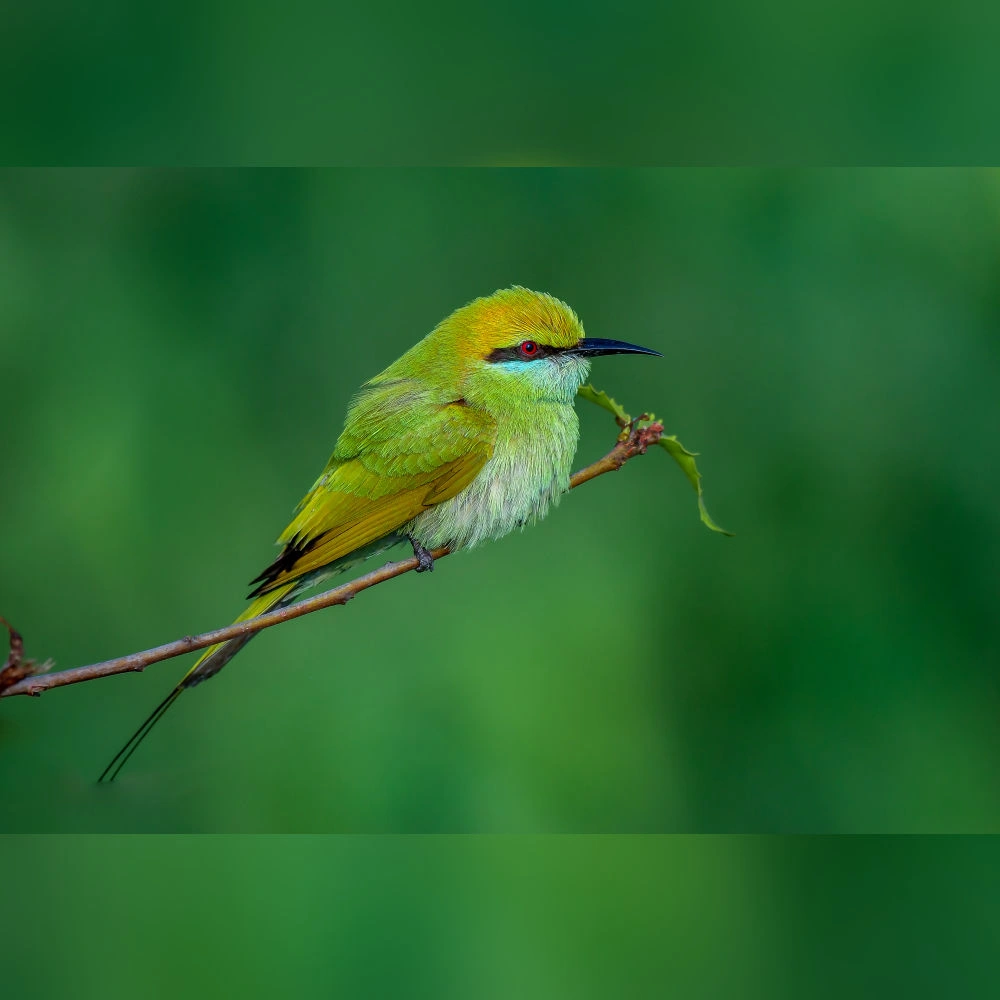
Asian Green Bee-eater
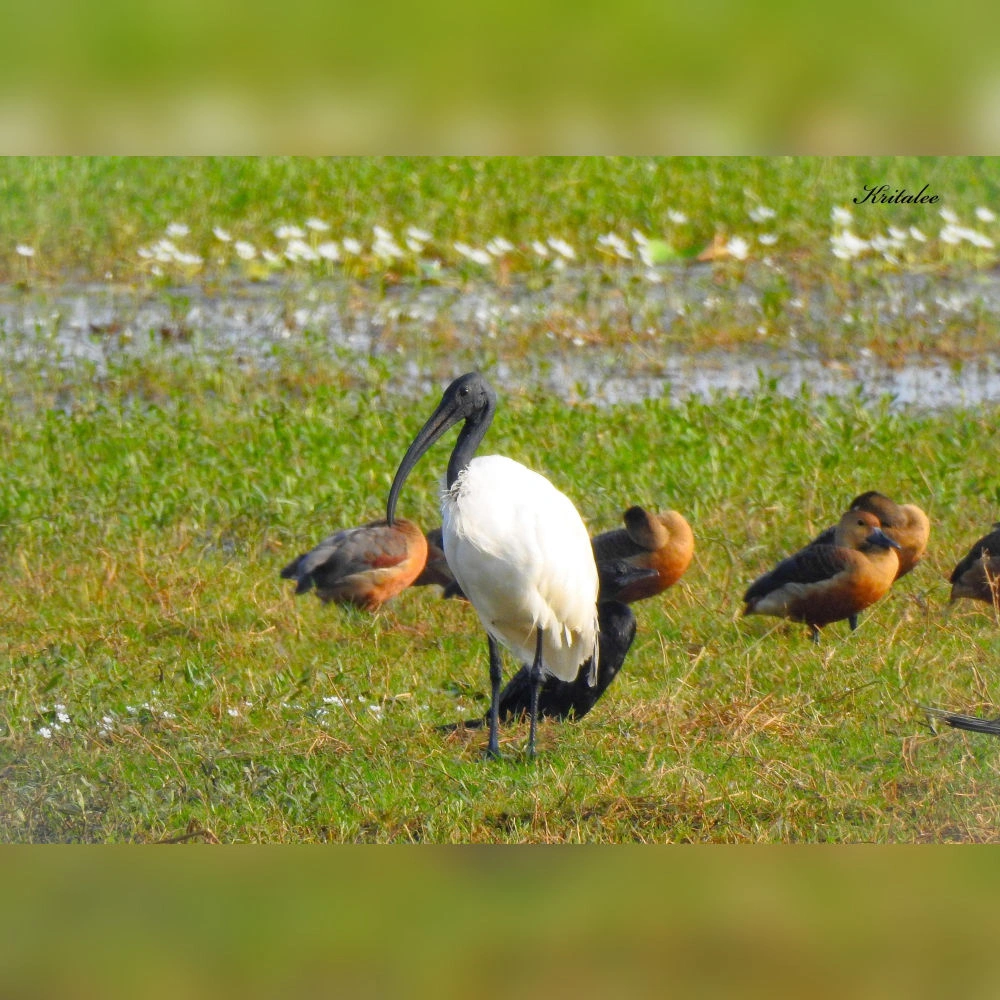
Black-headed Ibis
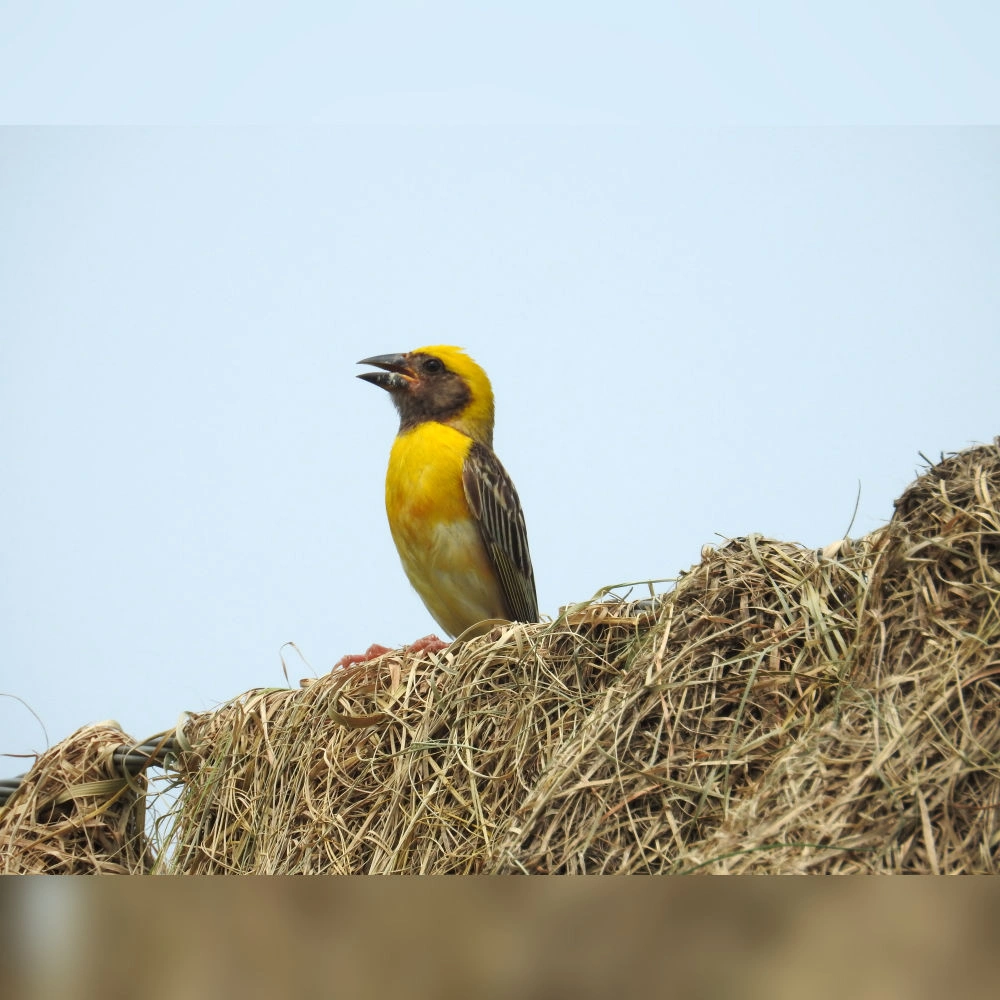
Baya Weaver
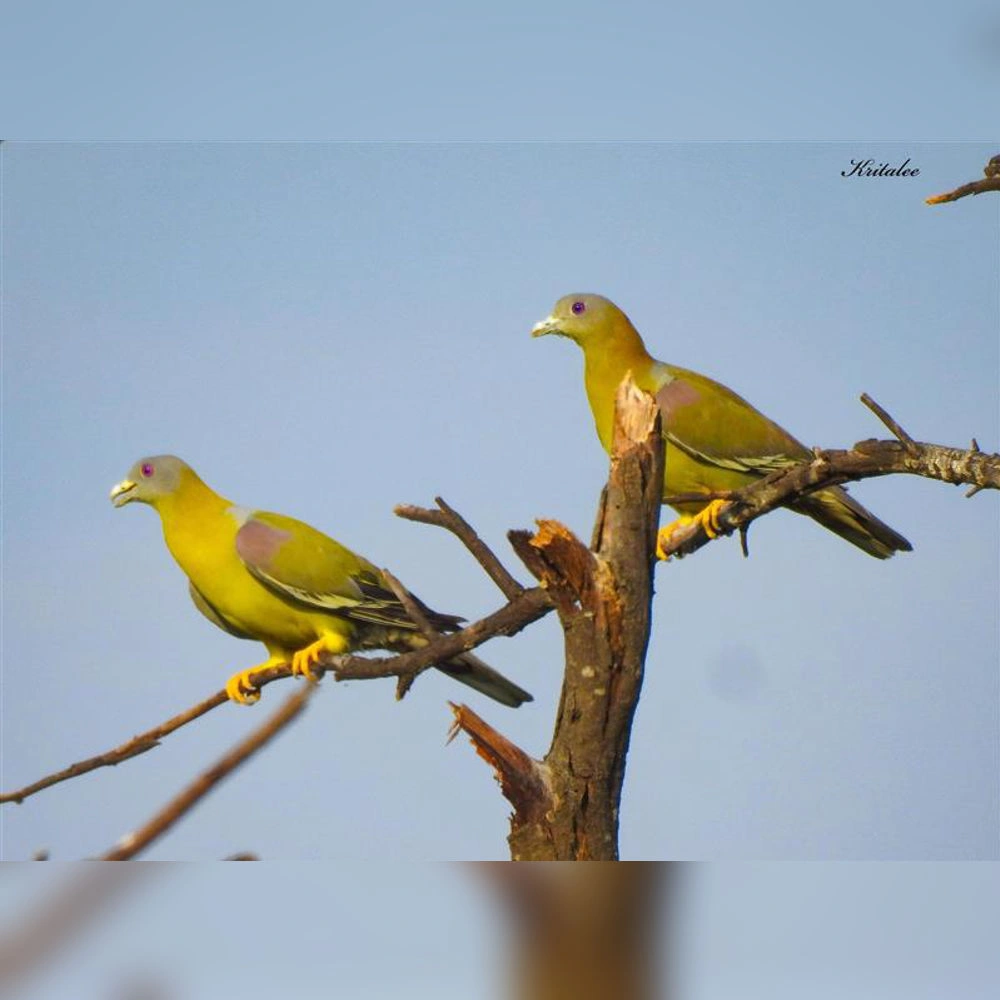
Yellow-footed Green Pigeon
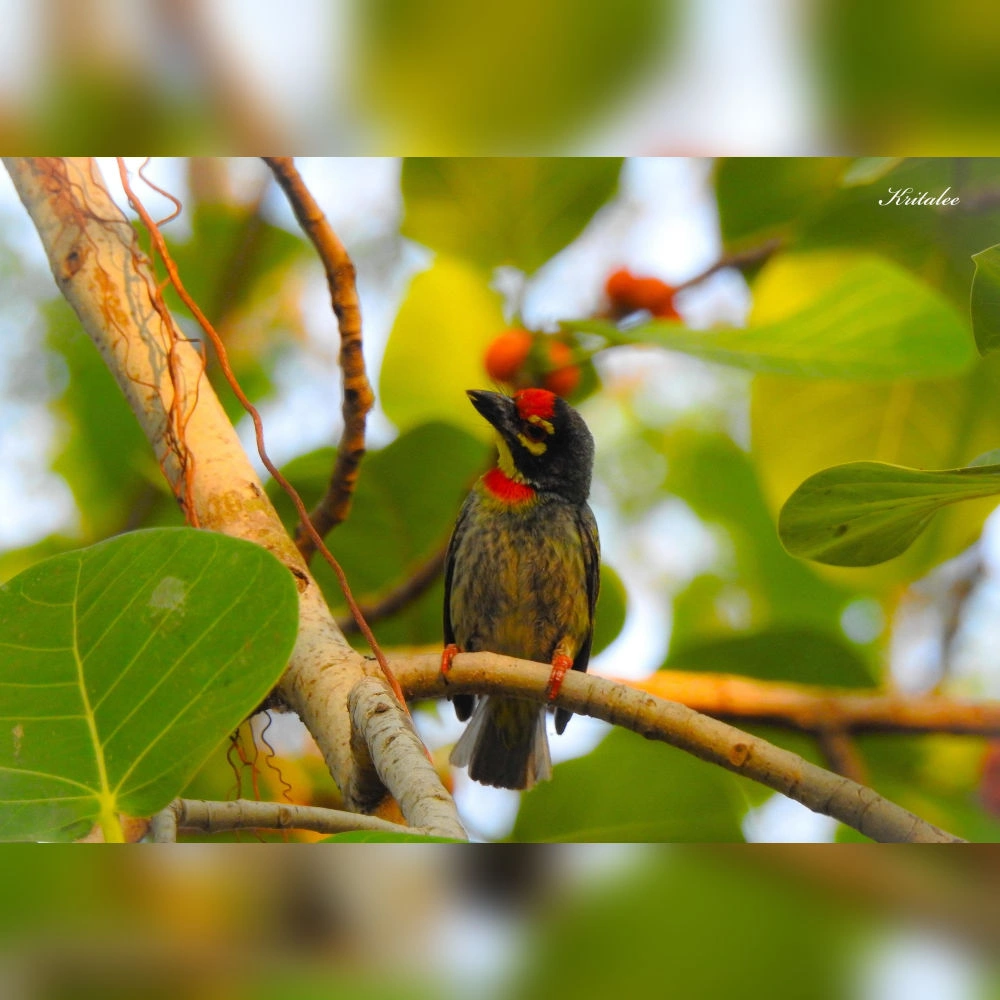
Coppersmith Barbet
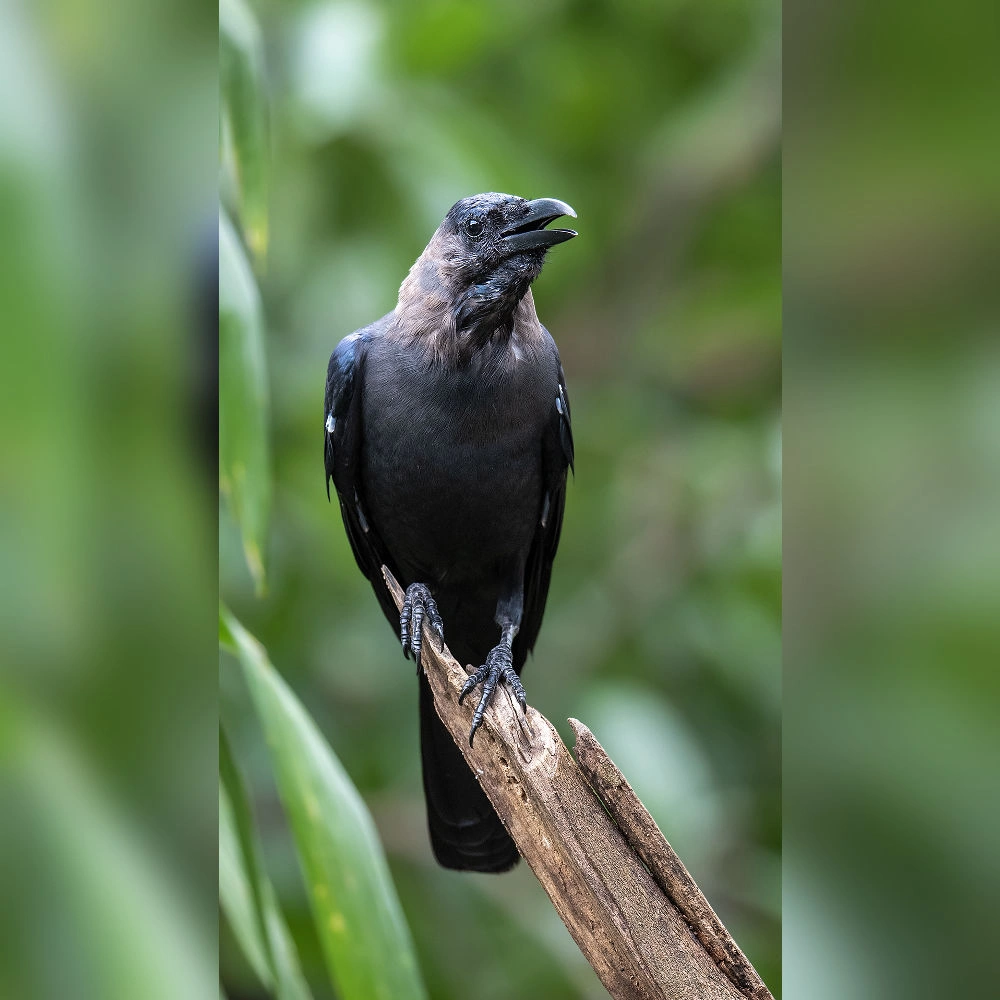
House Crow
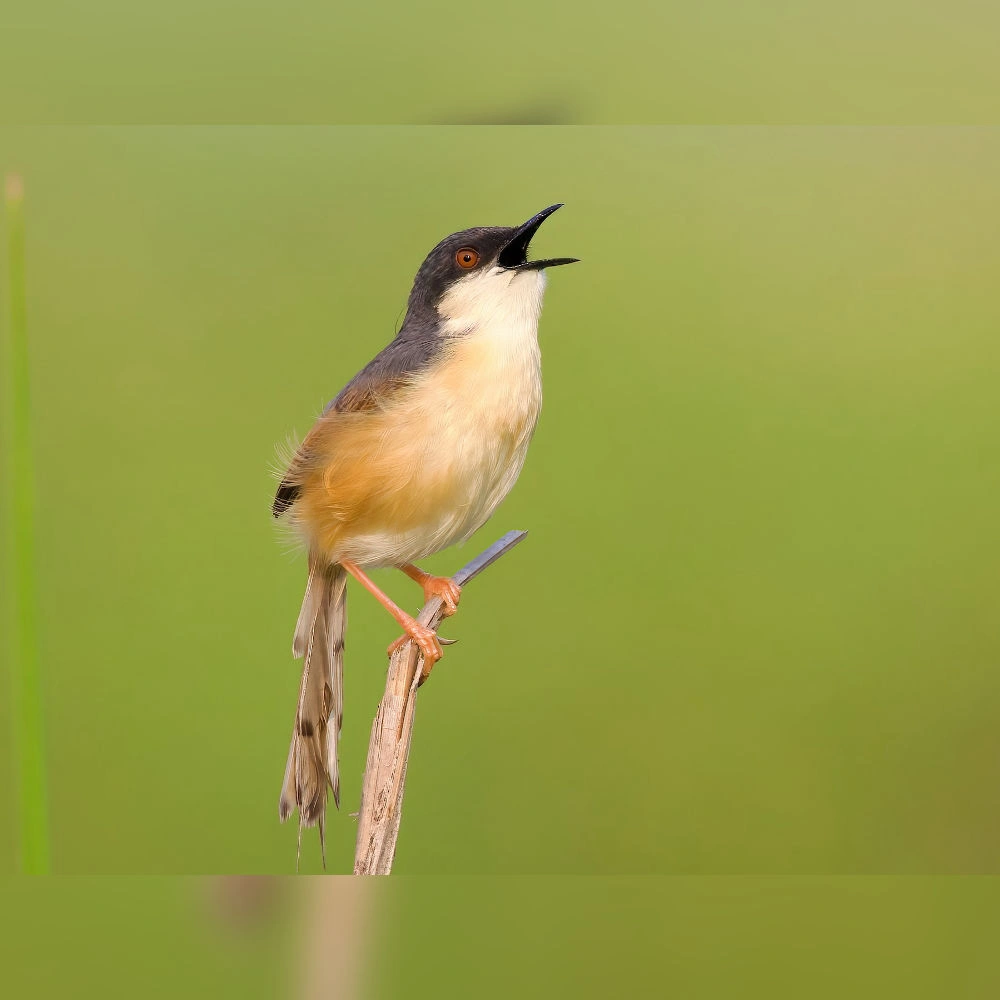
Ashy Prinia
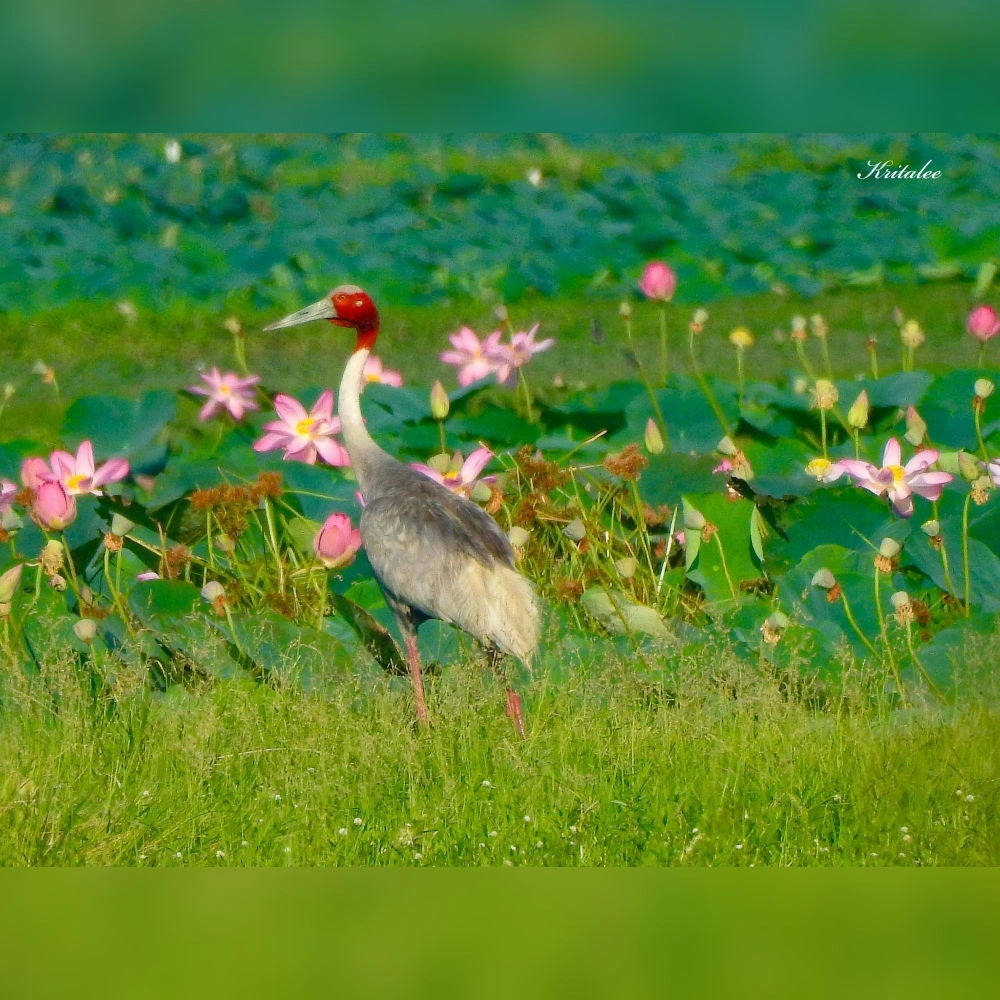
Sarus Crane
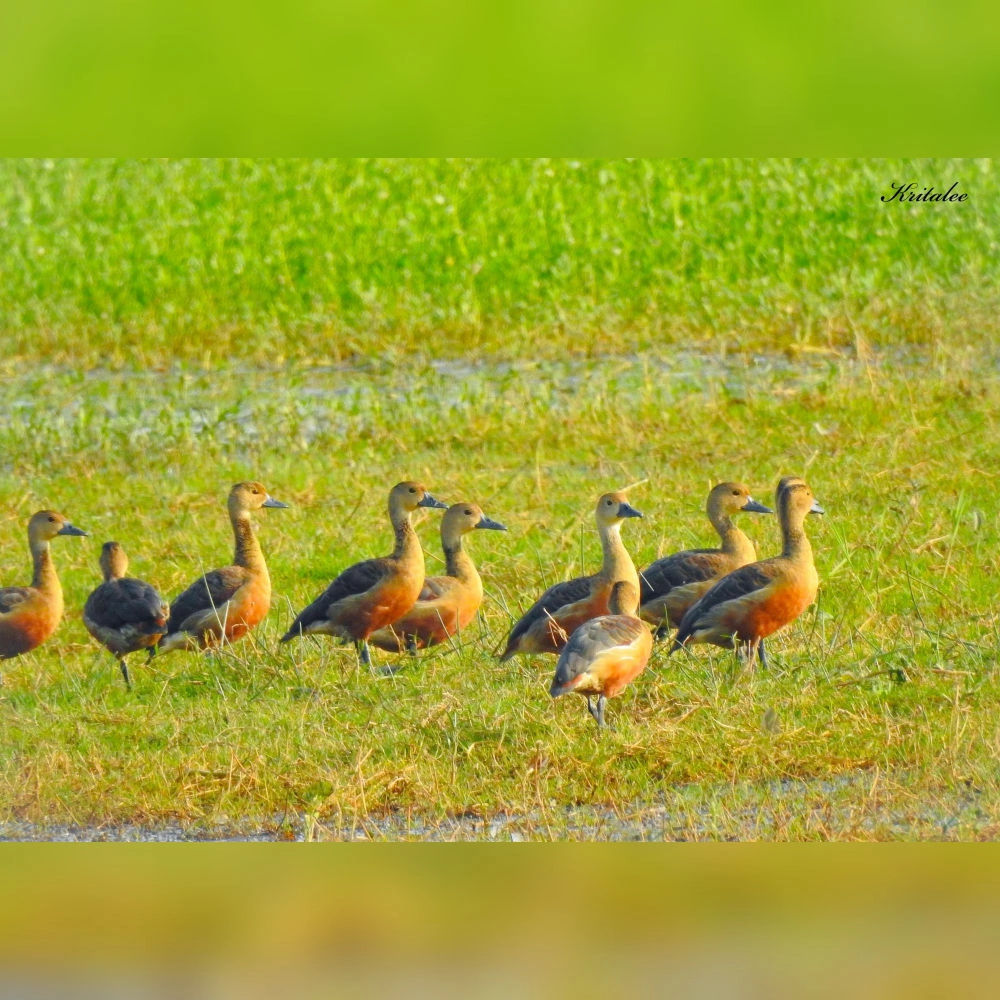
Lesser Whistling Duck
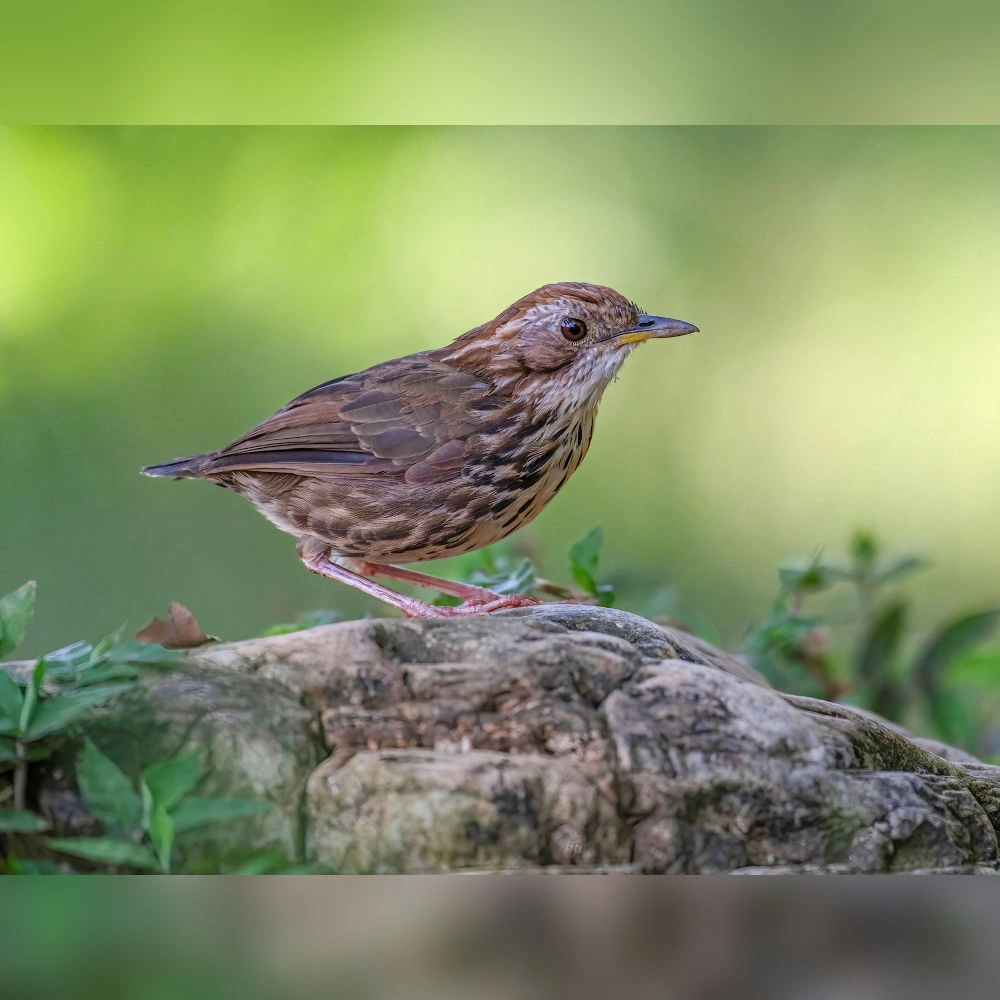
Paddyfield Pipit
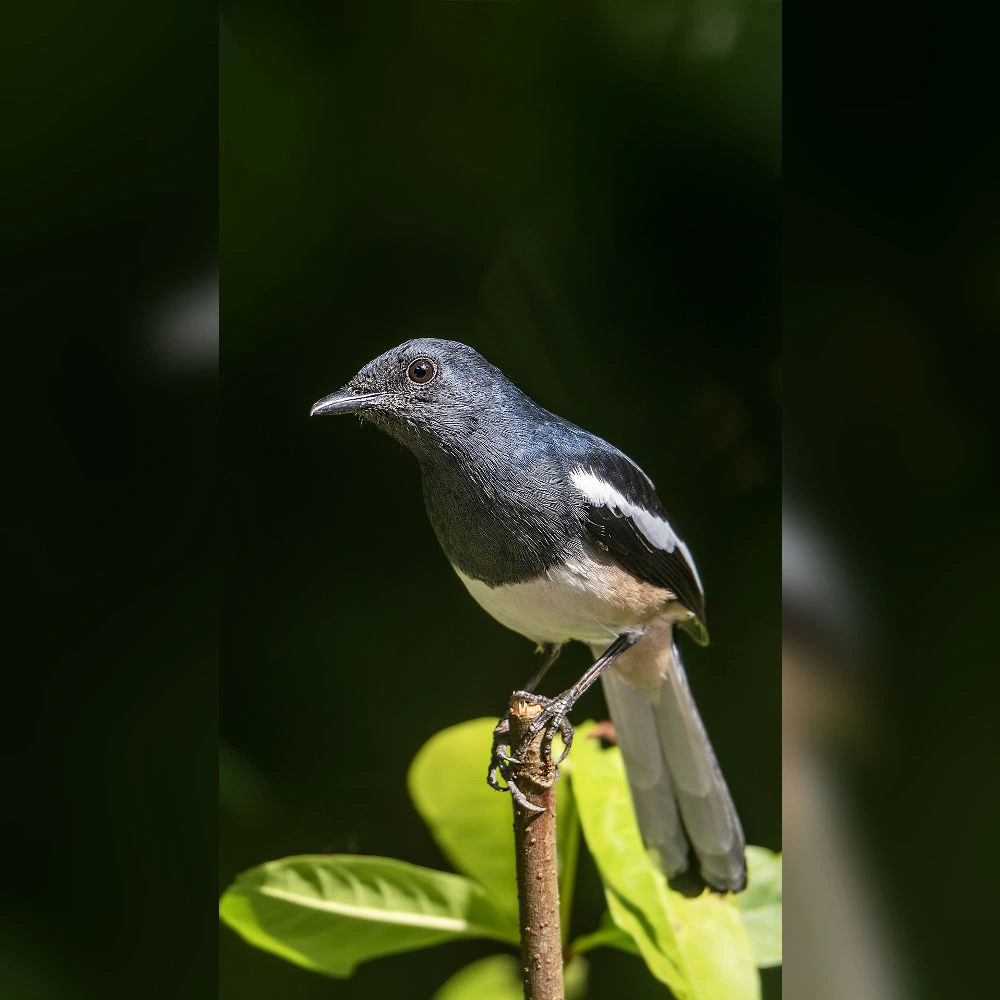
Oriental Magpie Robin
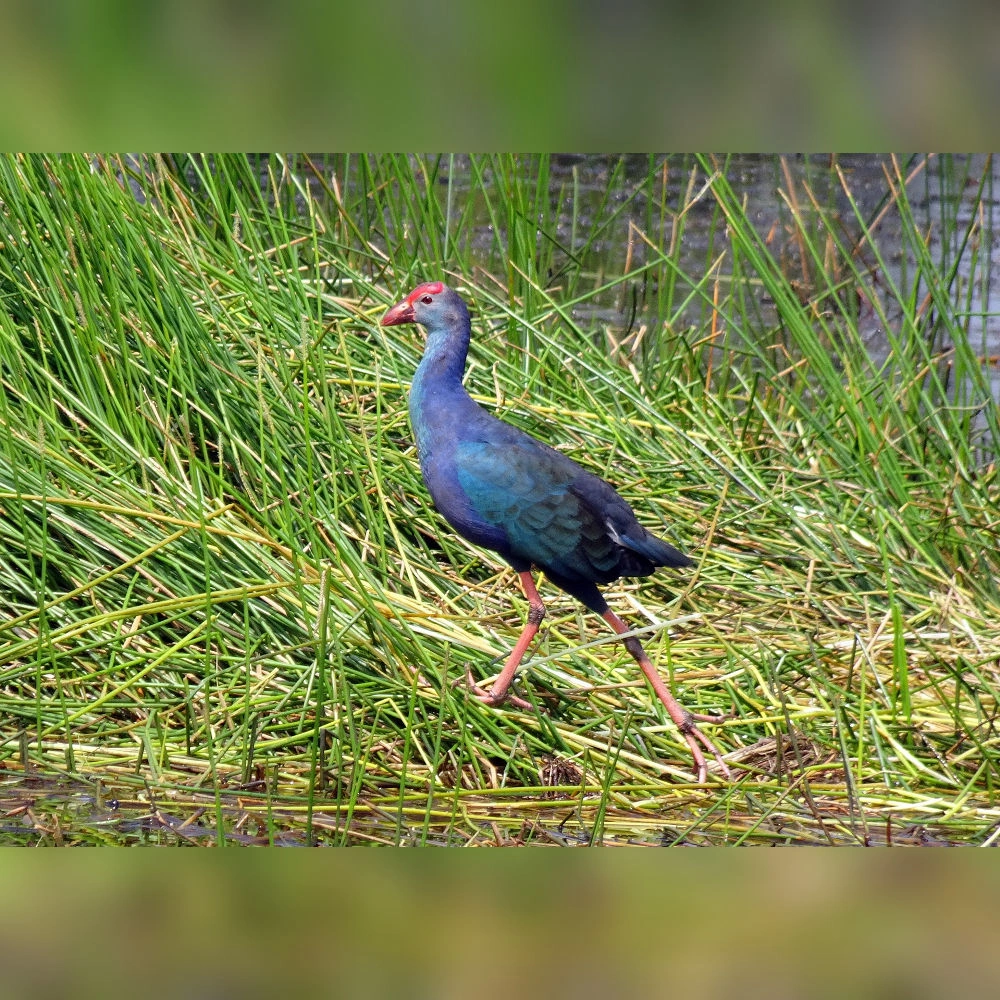
Grey-headed Swamphen
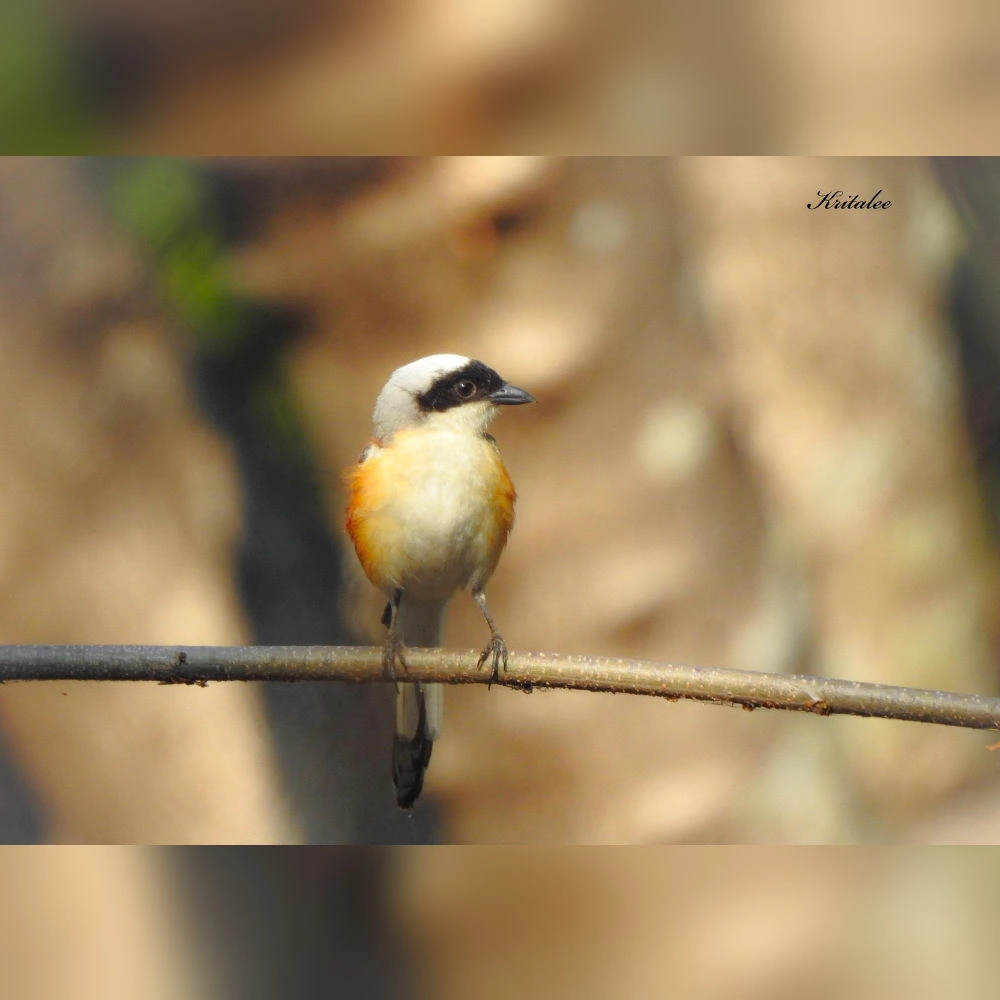
Grey-backed Shrike
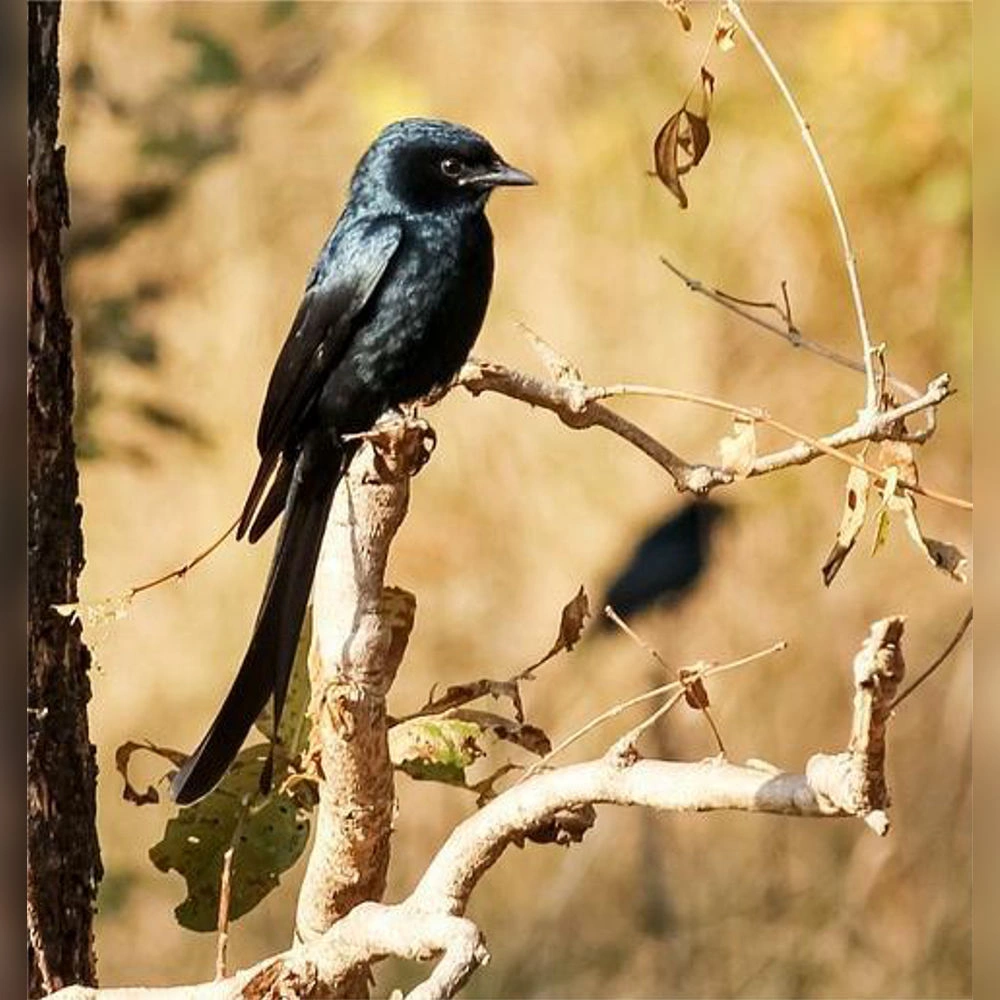
Black Drongo
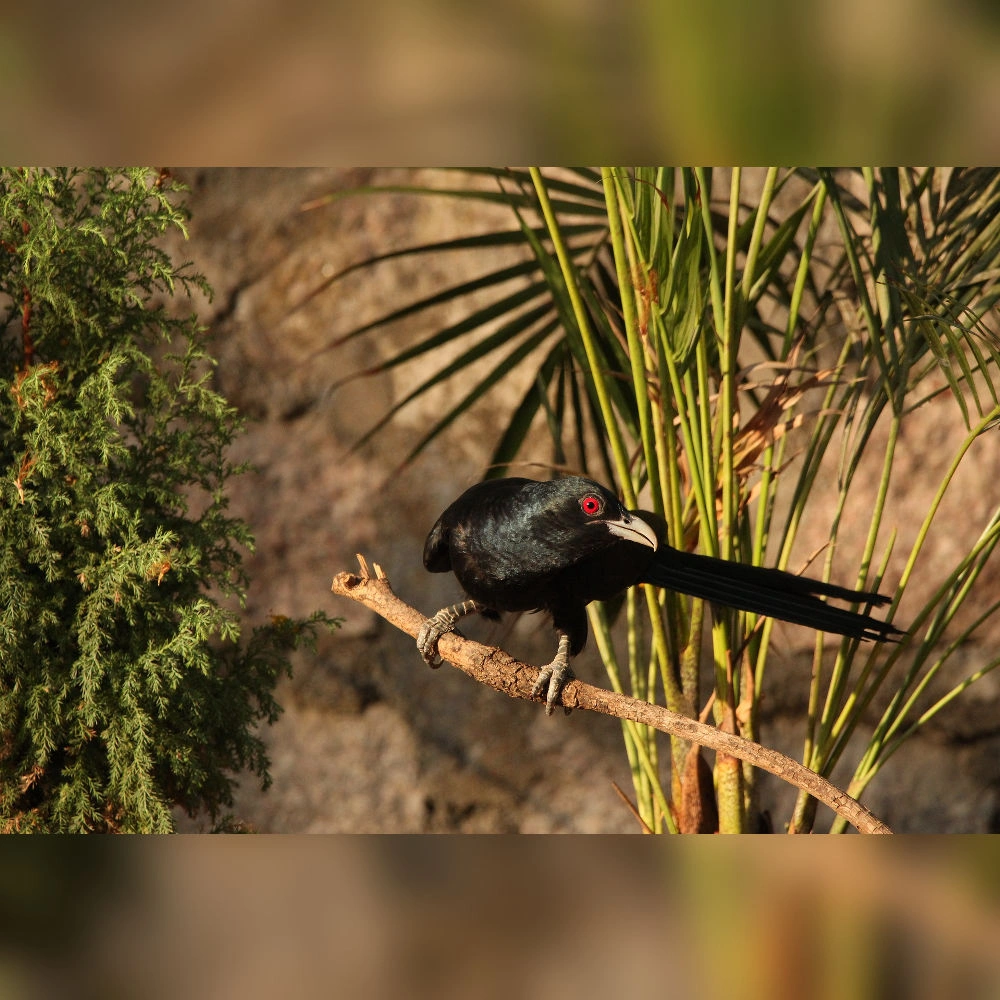
Asian Koel
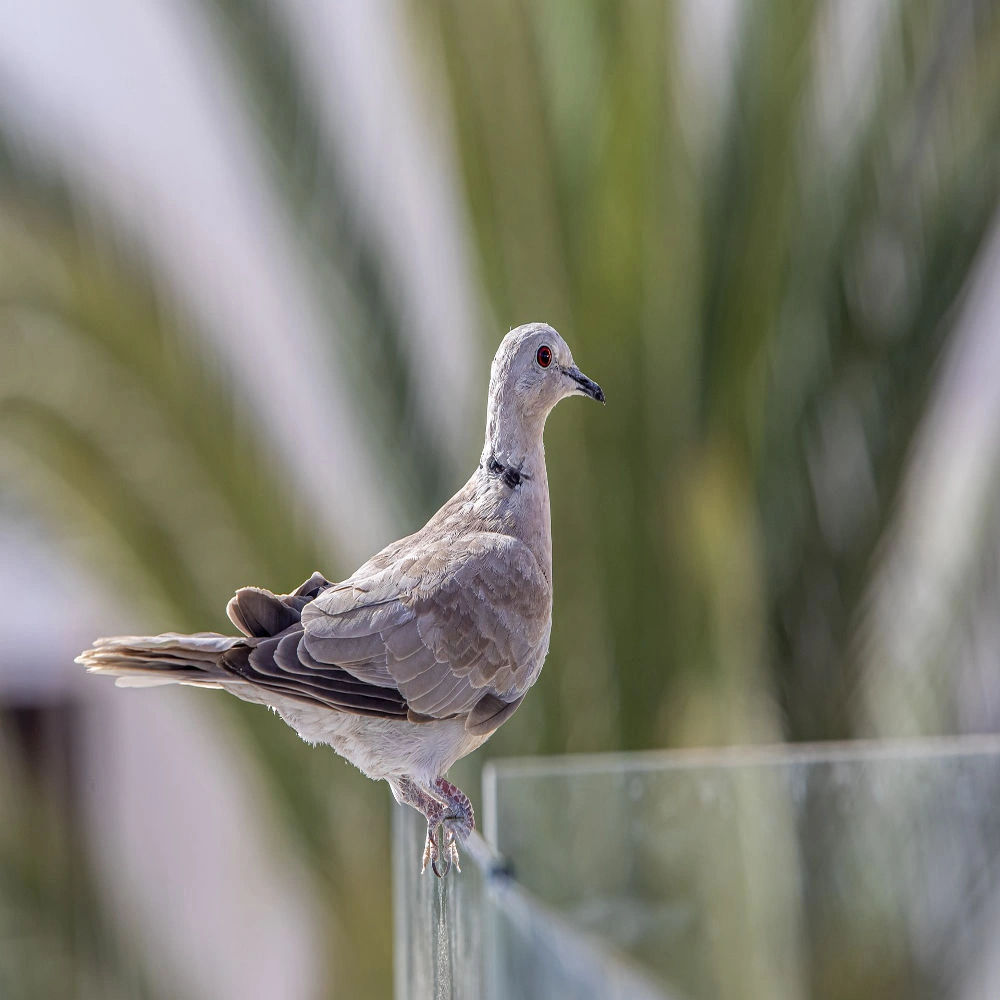
Eurasian Collared Dove
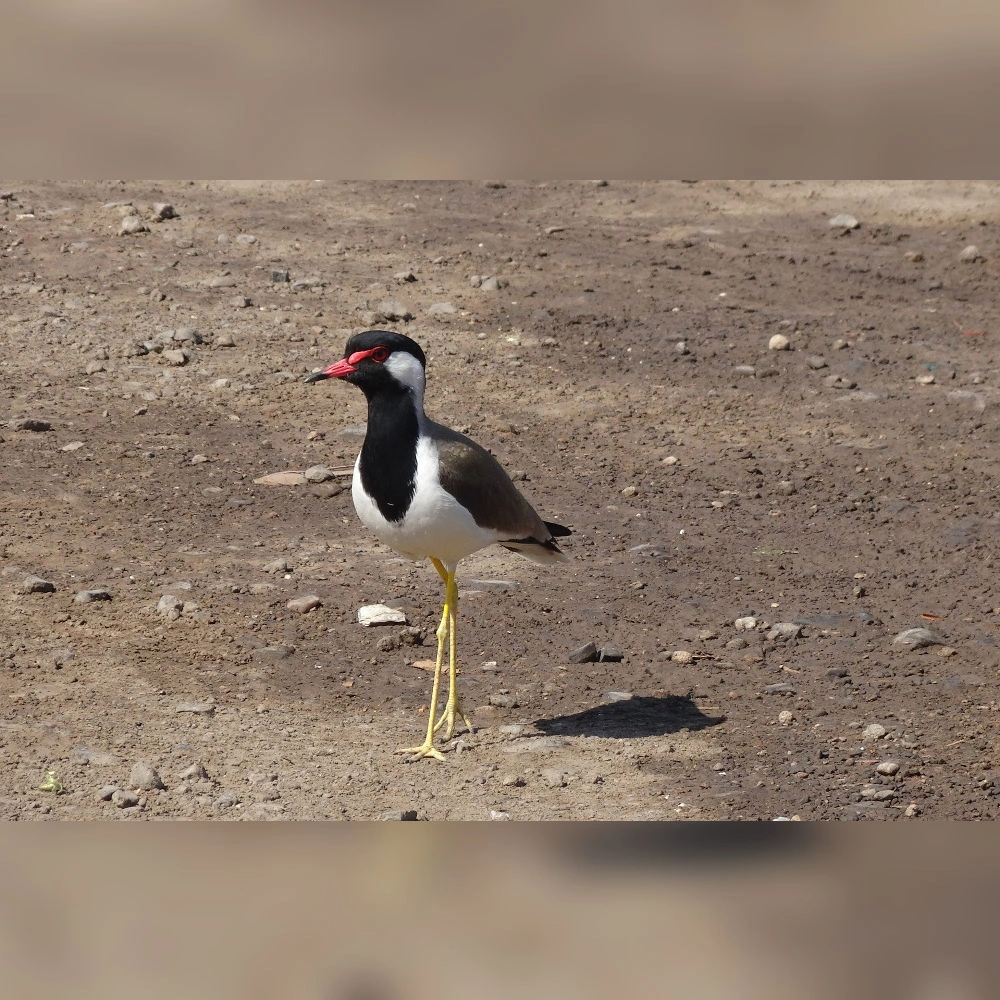
Red-wattled Lapwing
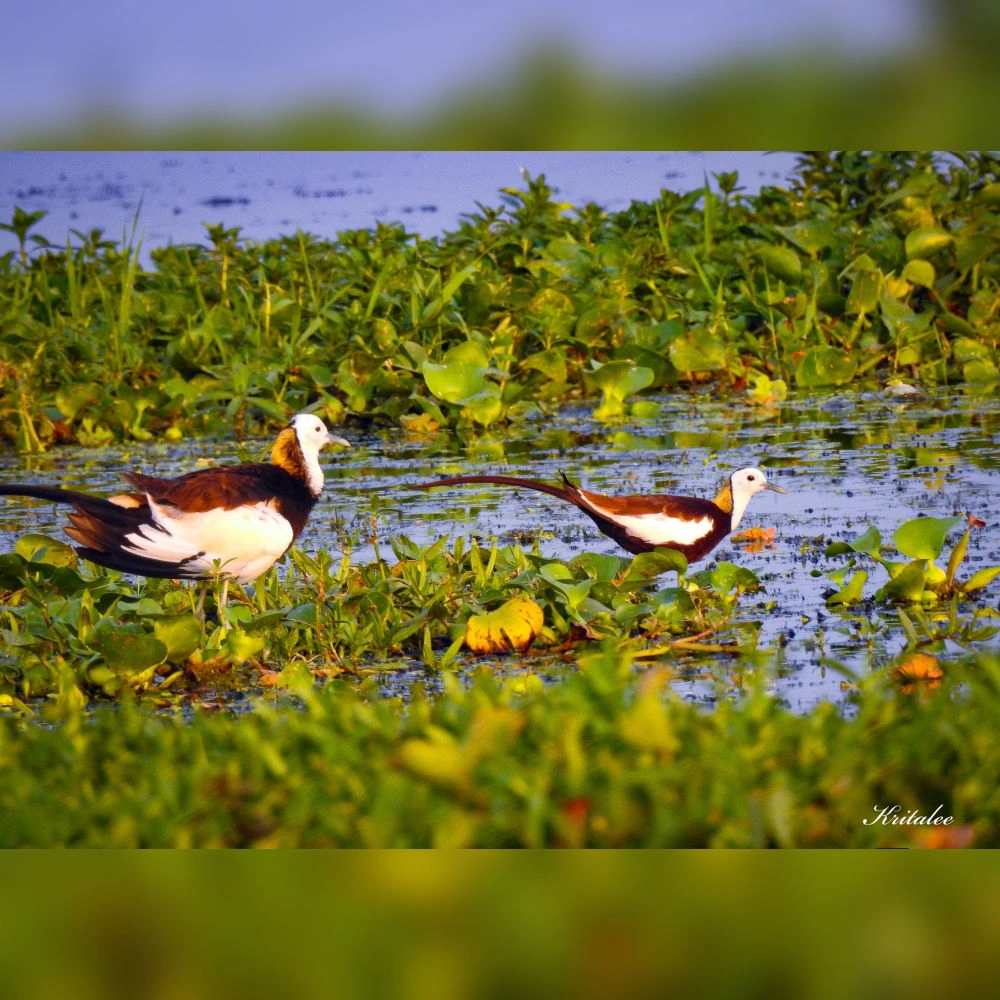
Pheasant-tailed Jacana
